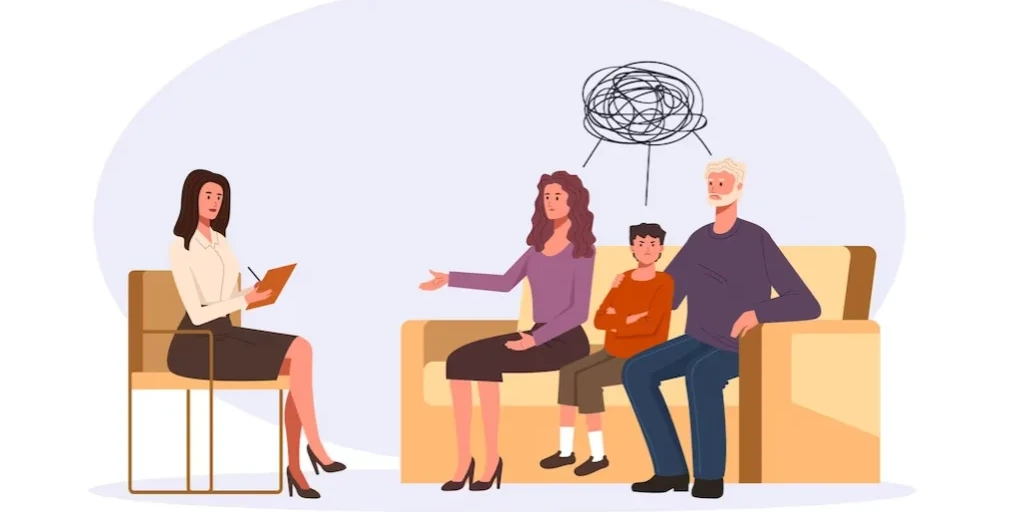24/7 Helpline:
(866) 899-111424/7 Helpline:
(866) 899-1114
Learn more about Bipolar Disorder Treatment centers in Ackerman

Other Insurance Options

Molina Healthcare

EmblemHealth

Evernorth

American Behavioral

Horizon Healthcare Service

Group Health Incorporated

Lucent

PHCS Network

Access to Recovery (ATR) Voucher

CareFirst

Premera

Magellan Health

Anthem

Kaiser Permanente

Oxford

Sliding scale payment assistance

Carleon

MHNNet Behavioral Health

Highmark

UMR

Community Counseling Services
Community Counseling Services is a private rehab located in Ackerman, Mississippi. Community Counsel...


























